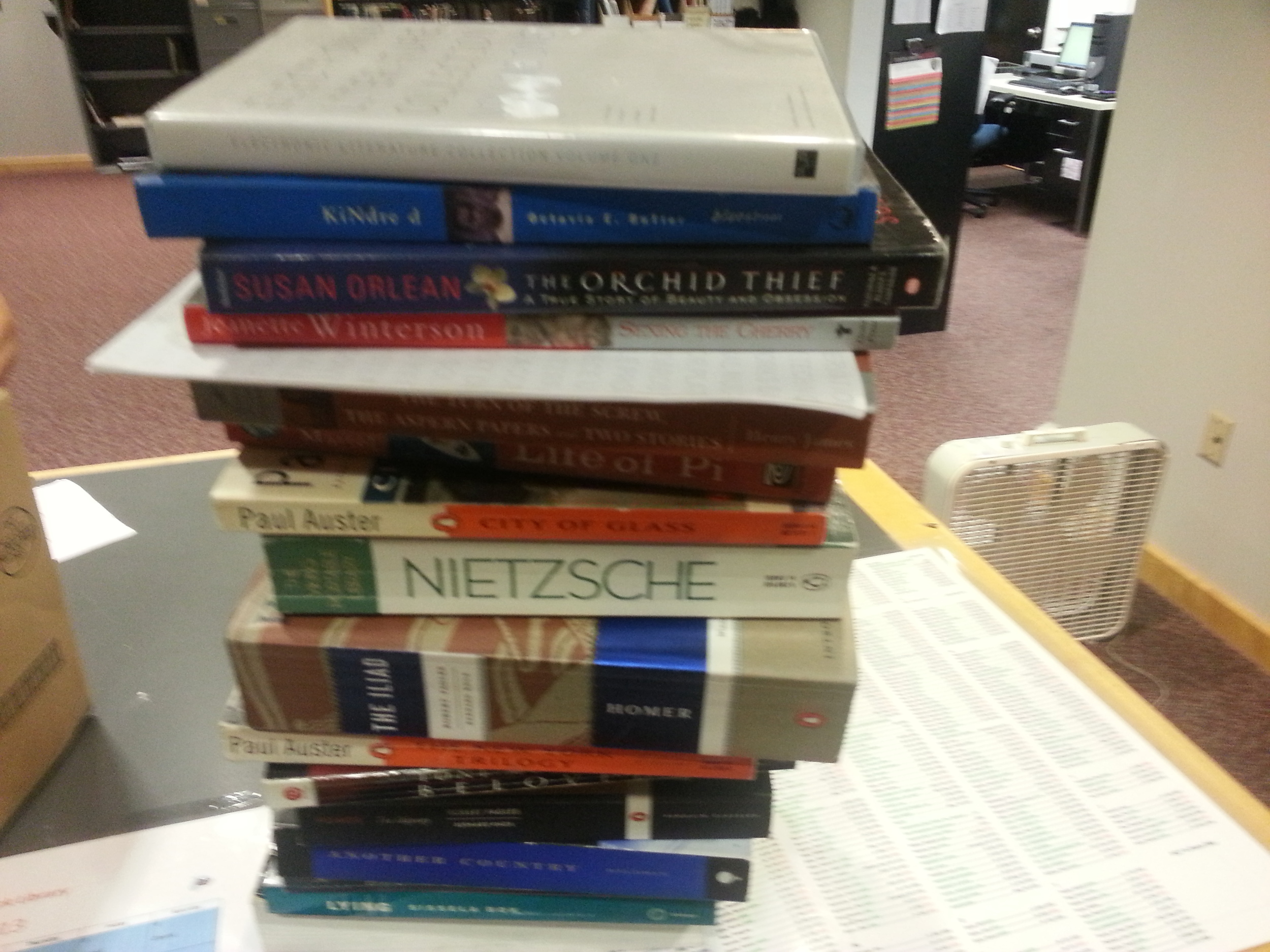The debate over the AHA's proclamation about the publishing choices of early career historians has left me convinced, now more than ever, that we need to, as Dave Parry would put it, burn the boats.
First, I find it annoying that the AHA's statement focuses on those with a PhD. Many academics end their time as a student with an MA, like me, and it seems like their is a lack of acknowledgement of that generally from big organizations like this.
One of the most disappointing essays about this issue came from William Cronon. Cronon is someone I have followed for a number of years and I found his, and others, remarks to be very frustrating. Cronon goes out of his way to point out that "It’s about preserving the full range of publishing options for early-career historians and giving them some measure of control over when and how they release their work to the world." I do not know a single person who is claiming otherwise. Obviously, scholars should be able to choose how their work is disseminated. That is the point of open access scholarship. A scholar can decide how to license their work and what, and when, it goes out to the world. It is all about choices.
Embargoing works for up to six years does feel a bit ridiculous as well. Perhaps history moves at a slower pace, but in my field six years is a hell of a long time to sit on something. Tons of things change and evolve and what was written about them even two years ago might not be accurate or relevant any more.
Cronon goes on to tell a story about a young scholar whose dissertation was rejected for publication as a book because part of it was going to appear in a journal. Seriously? I do not doubt that happened, but what an outdated way of thinking about publishing. Other publishing models have emerged and, if anything, an article previewing part of a soon to be published book is good publicity for that potential book. I know I have bought books based on earlier articles I read on the same subject by an author.
Cronon continues on to argue that open access "enthusiasts" are trying to somehow force younger scholars to release something "premature(ly)". Again, who is saying this? Cronon does not say. I have not seen a single tweet or blog post calling for this.
Cronon also seems to be very focused on the publication of a book by young scholars. Is a book still the most practical publishing model? He writes: "I just believe that historians who spend many years working on a book-length manuscript should have the option of trying to publish their work in book form if they so choose."
Why are we hanging onto a twentieth century model of publication? Why does the Academic Publishing Complex, the same one that has the gall to charge $95 for books, get to dictate to scholars how their work is disseminated? I just don't care about sustaining academic book publishing and their business models. This is a free market and open access is something they have to deal with and many academics are fed up with living in the past.
Obviously, academia is not going to change over night, but why do we still do this? I am off tenure track and have no interest in writing a book. Cronon says the AHA is not trying to "protect the traditional tenure process," but inevitably they are. I have an MA and a great teaching job that I love. Even more debt and having my future dictated by outdated, capitalistic, publishing models is a game that there is a not single day I wake up desiring.
Another troubling aspect of the AHA's statement, as Mark Sample points out, is how casual the AHA is about connecting tenure to publishing a book! Again, I must ask why these twentieth century models are still being promoted?
I openly placed my MA thesis online even as I was drafting it. I have turned parts of it into a few journal articles and conference presentations. I have never been turned away because of this. Being so public has also helped me build a reputation online that has led to other opportunities like book reviews, peer reviewing, and frankly I know for a fact it helped me on the job market as well. I have pushed my work to a very wide ranging audience that has led me to where I am today.

